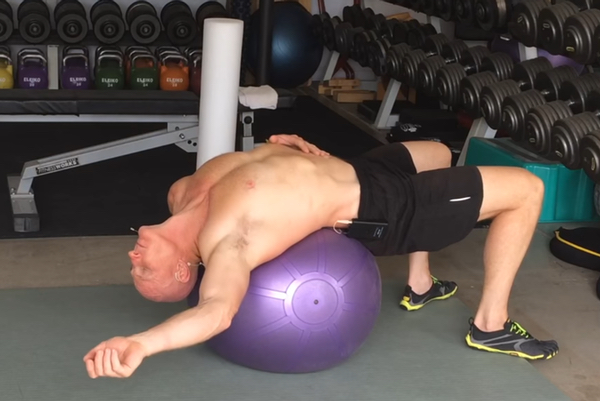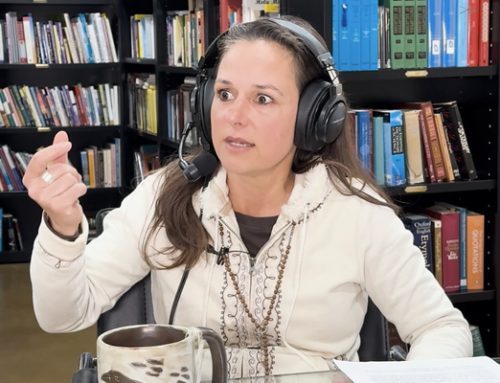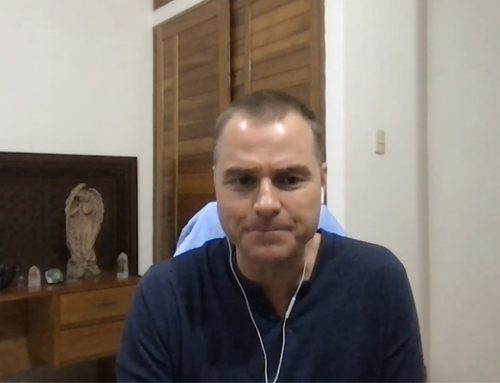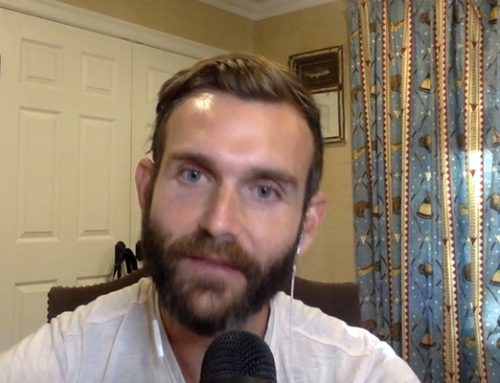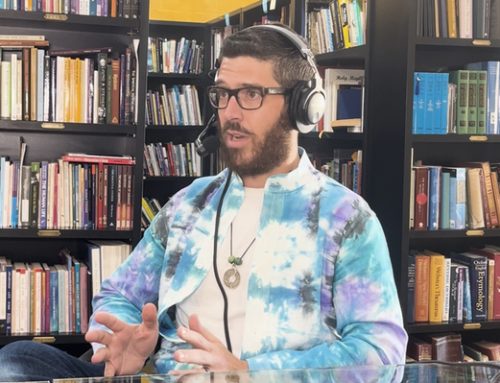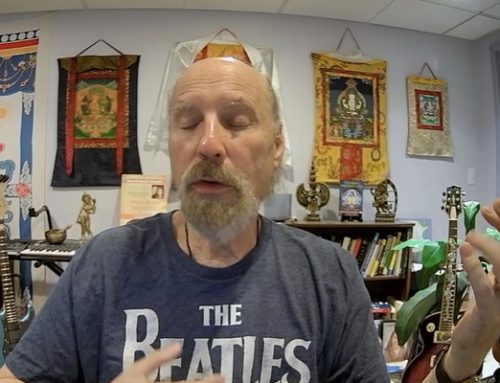
Should you push yourself to do your exercise program if you really don’t feel like it?
How important is it to be consistent with your exercise? When do you “give yourself a day off” when it is supposed to be an exercise day?
What about listening to your body and then deciding how much exercise and what level of intensity you are going to do today?
I have rehabilitated countless badass athletes, exercise junkies and hardcore “this and that” from injuries big and small. I’ve seen many, many people go through health crises, get diseases and everything you can imagine all the while being very, very consistent with their exercise.
Is a good track record with exercise consistency something to always be proud of?
A common denominator I see quite regularly in competitive athletes — and even everyday people — is pushing themselves way too hard and not listening to what our body is telling us right here and now. This has a lot to do with our psychic development and belief systems.
Where we get our sense of self-value, self-worth and self-esteem from has to do with our peer groups. It has to do with the hierarchy of social rank in our peer groups too.
Who’s the badass?
Who are you emulating?
What are you trying to accomplish?
These issues of hierarchy pop up over and over again in research on cancer and other diseases.
In this week’s blog/vlog, I want to share one way I’ve been able to rehabilitate myself through these same types of issues in the past. Because I’m a fairly quick learner, it hasn’t been so bad for me, but I have seen a number of people go through these problems.
Peace and love

This strategy is built around some simple principles and deep wisdom, with much of it based on Arnold Patent’s universal principles. One of these principles speaks to what I want to share with you this week:
Anything done out of a sense of need or obligation is inappropriate. Anything done out of a sense of peace and love is appropriate.
Patent says it’s best to lie down on the ground and wait until the urge to do something out of need or obligation passes. Only do it genuinely out of love for yourself and because you really want to.
That sounds counter-intuitive, because you may have a rigidly constructed exercise program you follow every time you go the gym or work with a coach.
Look at the gym as a place with many ways to engage and connect with yourself, most of which are not written on your program.
One of the things I do is just survey all the toys that I have. Sometimes I say to myself, “What would feel good? Well, you know, maybe right now I don’t really feel like working that hard.”
As I’ve shown in a recent video blog, if you’re emotionally bottled up, start with something simple like a foam roller. Spend some time working through your chest and abs and release those emotional centers and see how you feel. Roll around with it. Play with it.
Take your time just being with yourself. Let go of any preconceived ideas or anything that you have to do. Have-tos are stressful and so are “wouldas,” “shouldas,” “couldas,” “didn’ts” and “can’ts.”
If you work with your body in a relationship, you develop a solid connection with it. That’s really what love is all about.
Sometimes, it’s just a matter of spending some time feeling what feels good right now, having no plan and stimulating the body. Once it wakes up, it starts to turn on.
Try using something different like the XCO Trainer from FitterFirst.
Maybe you want to swing something, so grab a club bell or a Bulgarian bag (Mike Salemi is the master of the Bulgarian Bag and many other things). Just swing it and see. I don’t have any need to perform hard or fast or set the world on fire. Just see what feels good.
Don’t forget to breathe
One of the techniques I incorporate in my exercises is proper breathing. As you’re breathing, make sure you’re filling your diaphragm.
I’ve talked in the past about how I approach the Red-Yellow-Green zones of exercise and showed you how to use the questionnaires in How to Eat, Move and Be Healthy! to determine how stressed you are.
I would say 99.9 percent of the athletes, from the best in the world to amateurs, weekend warriors and those who just plod along, have dysfunctional breathing patterns.

Just play around with light weights and do 30-60 reps, remembering to breathe and relax. As your body starts to wake up, start feeling what’s good to you. It might take 20 minutes and all of a sudden, you feel energized. Then you look at your program and think, yeah, I think that sounds good.
If your program is designed like a skilled CHEK Professional would (as I teach in my Program Design course), it’ll be organized from the most important exercise based on your objectives to the relatively least important exercise.
If your exercise program is designed right and you don’t feel like doing the whole program, do the one or two exercises that are the most important. Hopefully, you can do them well enough to improve on your last performance by 1-3 percent, which is the Charlie Francis rule. Otherwise, you’re probably not doing anything good for yourself.
And just that type of exercise we just talked about is enough to keep you in the game. Maintain the habit and ritual and be more spiritually mature about the use of exercise.
A spiritual place
The gym is a spiritual place. You’re not just growing muscles here. This is where you learn to improvise and adapt. This is where you can learn to take responsibility for yourself.
It’s a beautiful environment where we can really connect deeply into ourselves, learn about ourselves and others and change our perspectives.
Exercise should be seen as a lifetime form of medicine, not just something you do to look cool, show your buddies how strong you are or impress others with your rock-hard abs, even though you can’t breathe or think clearly.
By developing a deeper relationship with yourself, exercise becomes something you look forward to just like going to bed at night and having a deep sleep or enjoying a beautiful meal or your meditation practice or your work (hopefully you love your work and look forward to it like I do).
Simple yet profound practices that can make a world of difference in your life. I started lifting weights regularly when I was 12 (45 years ago!). Before that, I was lifting heavy stuff every day, all day on a farm.
I’ve hurt myself in the gym enough times to know that when I look back, I was the reason I got hurt every time.
That’s why I share these things in my blog and vlog. I had to learn these things on my own. I’d much rather you learn now from my mistakes than finding yourself limited in your athletic ability or career due to an injury which can easily happen or developing a negative relationship with exercise.

See you soon!
Love and chi,
Paul
